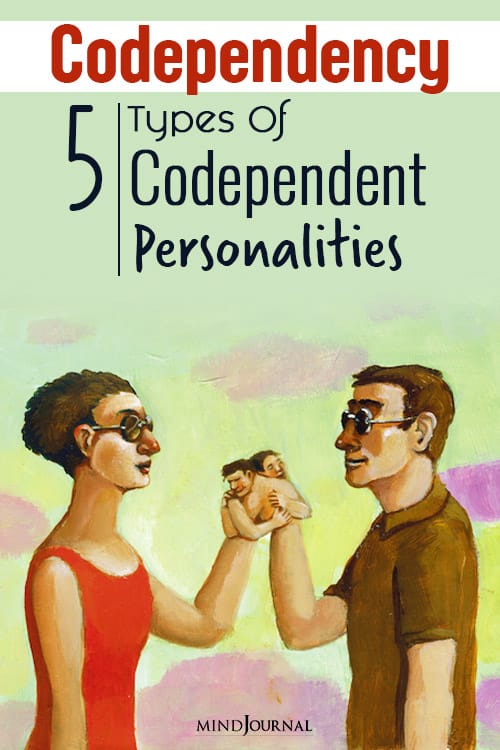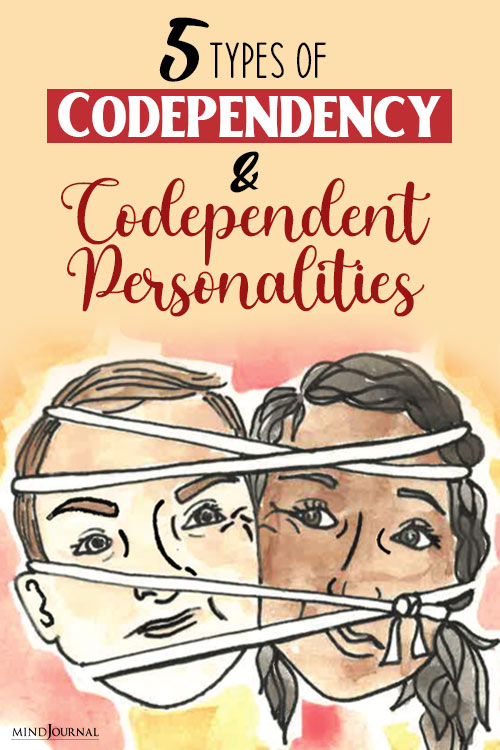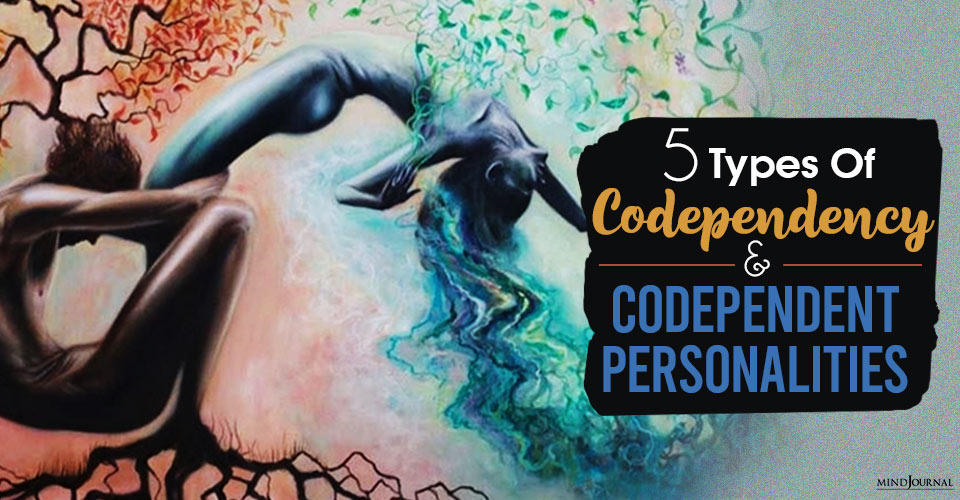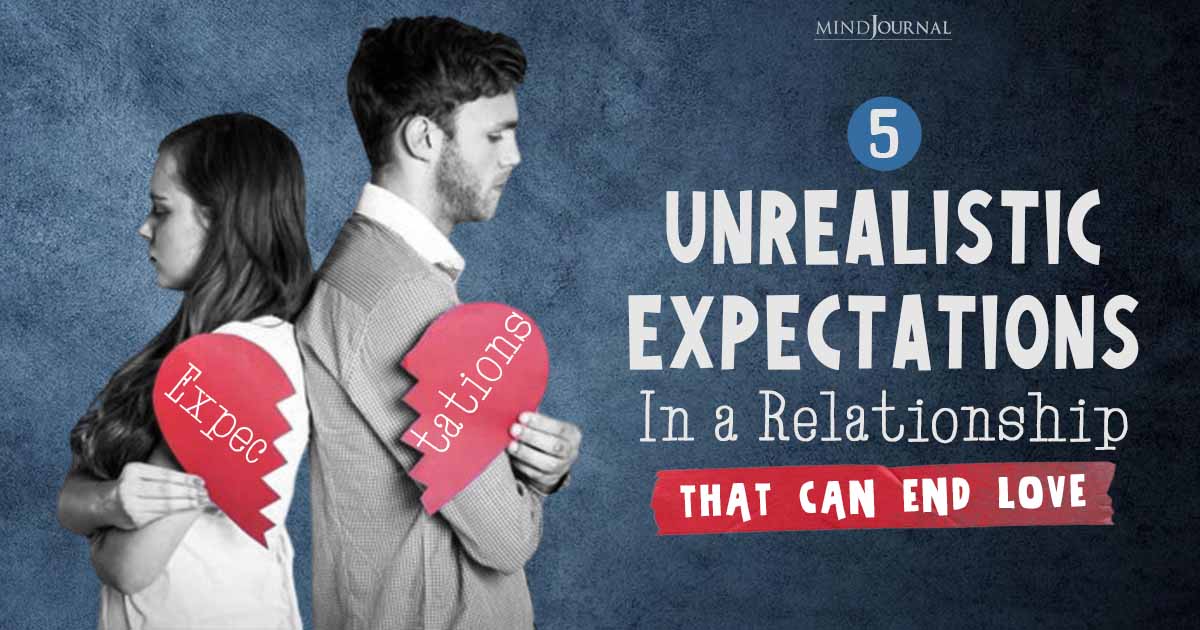Codependency is a big problem when it comes to relationships, especially narcissistic relationships. But codependency is actually a broad term, and there are multiple types of codependency and codependent personalities.
The creation of these codependency types helps people who normally are in denial about their codependency/SLDD to see themselves in a specific diagnostic “light.” It is impossible to heal codependency/SLDD if you don’t know what it is and how it manifests within you.
I wrote my Human Magnet Syndrome books to help people understand and identify their codependency/SLDD. For the purpose of healing and overcoming what was previously invisible and unknown to them.

Codependency or Self-Love Deficit Disorder (SLDD) is a problem of distribution of love, respect, and caring, within close, and/or romantic relationships. Codependents give the preponderance of love, respect, and caring (LRC), with the hopes of having it reciprocated.
All codependents believe that their narcissistic partner will realize their mistakes and finally give them the LRC they want and need. It just never happens.
Here Are 5 Types Of Codependency
1. Passive Codependents
Are more fearful and avoidant of conflict. They disassociate from their deeply private anger and resentment through a persona of admirable empathy, compassion, and generosity. They give in to the inequity of love, respect, and caring. Such sacrificing martyrs never escape their below-the-surface burning rage.
The attachment trauma experience taught them that there was no benefit in fighting back, or that doing so would result in worse consequences.
Related: Codependency in Toxic Relationships: Symptoms, Signs and How To Recover
2. Active Codependents
They aggressively but futilely try to persuade, control, and manipulate narcissists into loving, respecting, and caring for them. They delusionally believe such constant surveillance and counter-aggression is justifiable and effective.
Active codependents are often not intimidated or afraid of their narcissist lover. As such, they rely on an aggressive and confrontational approach to both protect themselves and get what they need. Their controlling, antagonizing, and manipulative method is rarely effective. In fact, it often results in the pathological narcissist’s retaliation, which often harms the codependent even more.
3. Cerebral Codependents
They are the intellectual codependents. Cerebral codependents devour education and “transformational” experiences to overcome narcissistic abuse. They believe that the more information they know, they will be able to solve the problem.
This form of dissociation will never resolve the trauma and core shame that is responsible for their suffering.

4. Oblivious Codependents
They live by the “ignorance is bliss” credo. It is an effective defense mechanism for keeping them comfortable. They not only ignore or deny their problems, but they compartmentalize and rationalize them.
By purposely dissociating from the real causes of their problems, and feigning blindness, they uphold the delusional belief that what is not seen, is simply not there.
Related: Are You Losing Yourself In Your Relationship? Stages of Codependency and What To Do
5. Anorexic Codependents
Codependency anorexia occurs when a codependent surrenders to their lifelong relationship pattern with pathological narcissists. The codependent often transitions to codependency anorexia when they hit bottom and can no longer bear the pain inflicted by their narcissist.
This is a control measure to feel protected, but they starve themselves from normal emotional and sexual intimacy. Also, as soon as the no romance “diet” ends, their insatiable “hunger” for harmful narcissists will return.
Ross Rosenberg M.Ed., LCPC, CADC, is the owner of the Self-Love Recovery Institute. He is a psychotherapist, educator, expert witness, and author. Ross is known globally for his expertise in codependency (Self-Love Deficit Disorder™), Pathological Narcissism, Narcissistic Abuse, and Trauma Treatment.
He is a keynote speaker and educator who has presented in 30 States/70 cities and abroad. Ross has been regularly featured on national TV and radio. His “The Human Magnet Syndrome” books sold over 120K copies and are translated into 10 languages. His YouTube Channel has amassed 19 million video views and over 200K subscribers.
Written By Ross Rosenberg Originally Appeared In Human Magnet Syndrome










Leave a Reply